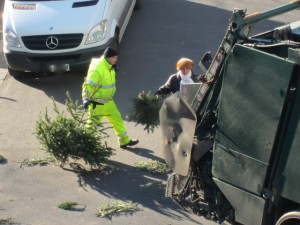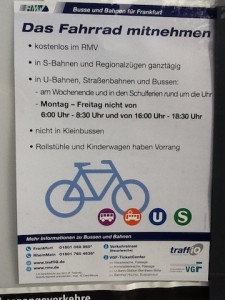If you have an older German driver’s license (one without the expiration date), it has to be exchanged for the new EU standard license. This goes for the grey, pink and older plastic driver’s licenses.

If your license was issued before 31 Dec 1998, it must be exchanged as follows:
Born before 1953 – exchanged by 10 Jan 2033
Born 1953 – 1958 – before 19 Jan 2021
Born 1959 – 1964 – before 19 Jan 2022
Born 1965 – 1970 – before 19 Jan 2023
Born 1971 or after – before 19 Jan 2024
If your license was issued as of 1 Jan 1999, it must be exchanged as follows:
Issued 1999 – 2000 – exchanged before 19 Jan 2025
2001 – 2002 – before 19 Jan 2026
2003 – 2004 – before 19 Jan 2027
2005 – 2006 – before 19 Jan 2028
2007 – 2008 – before 19 Jan 2029
2009 – before 19 Jan 2030
2010 – before 10 Jan 2031
2011 – before 19 Jan 2032
2012 – 18 Jan 2013 – before 19 Jan 2033
driver’s license: (German: der Führerschein)
Have a look at Bußgeldkatalog – Führerschein umschreiben (in German) to learn what you need to do next.







